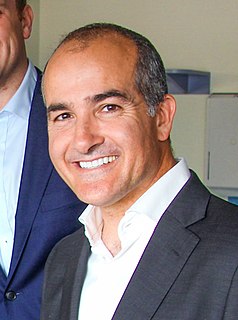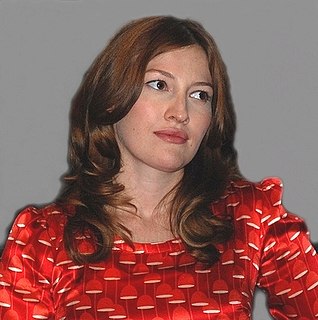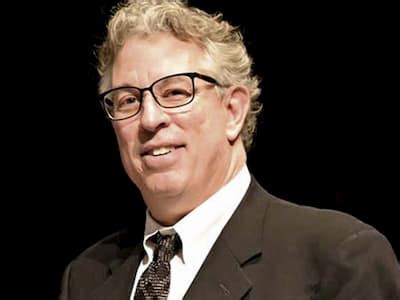A Quote by Margaret J. Wheatley
Despite current ads and slogans, the world doesn't change one person at a time. It changes when networks of relationships form among people who share a common cause and vision of what's possible. This is good news for those of us intent on creating a positive future. Rather than worry about critical mass, our work is to foster critical connections. We don't need to convince large numbers of people to change; instead, we need to connect with kindred spirits. Through these relationships, we will develop the new knowledge, practices, courage and commitment that lead to broad-based change.
Quote Topics
About
Ads
Among
Based
Broad
Cause
Change
Changes
Commitment
Common
Common Cause
Connect
Connections
Convince
Courage
Creating
Critical
Critical Mass
Current
Despite
Develop
Form
Foster
Future
Good
Good News
Instead
Intent
Kindred
Kindred Spirit
Knowledge
Large
Large Numbers
Lead
Mass
Need
Networks
New
New Knowledge
News
Numbers
Our
People
Person
Positive
Positive Future
Possible
Practices
Rather
Relationships
Share
Slogans
Spirits
Than
Those
Through
Time
Us
Vision
Will
Work
World
Worry
Related Quotes
I think that you're smarter than we were, but we had two things: one is, in our naïveté we believed we could change the world. And number two, we believed that another world was possible. And once that belief took hold of some critical mass, a tiny minority nonetheless, but a critical mass of people, then the world did change.
Change is difficult and it takes time. It is hard for people to change their own behavior, much less that of others. Change programs normally address attitudes, ideas, and rewards. But the behaviors of people in organizations are also strongly shaped by habits, routines, and social norms. Real change requires new power relationships, new work routines and new habits, not just intent.
Talking about improving the culture, I prefer to say "develop" or "evolve" rather than "change". If I walk into a room and say: "we are here to change the organization," it sends shock waves through the group. If I say: "your success to date has come from who you are, to be successful in the future, we need to get to X, let's talk about how we evolve the organization to that point," that is a very different statement. Successful organizational "change" must come from the people. So, recruit them with common purpose, recognize that it will take time, and plow forward.
Cognitive therapy is based on the idea that when you change the way you think, you can change the way you feel and behave. In other words, if we can learn to think about other people in a more positive and realistic way, it will be far easier to resolve conflicts and develop rewarding personal and professional relationships.
The really interesting moment will be when you have a critical mass of people engaging through the networks, more than through the press and TV. When that happens, the culture of politics has to change, moving away from controlled one-way messages towards a political culture that is more questioning.
Trust is the core of human relationships, of gregariousness among men. Friendship, a puzzle to the syllogistic and critical mentality, is not based on experiments or tests of another person's qualities but on trust. It is not critical knowledge but a risk of the heart which initiates affection and preserves loyalty in our fellow men.
Learning is the first step in making positive changes within yourself. Other factors are conviction, determination, action & effort. Learning & education help develop conviction about the need to change & increase your commitment. Conviction then develops into determination. Next, strong determination leads to action: a sustained effort to implement the changes. This final factor of effort is critical.
When we feel we are powerless our ego most wants to change the things in our world. As we realize we have the power to change our reality the maturity that comes with that understanding changes us, and we find ourselves in acceptance of what is with less desire of feeling our need to change the world around us.
I spend most of my time in South Korea but at least one-third of my time is spent traveling around the world, meeting people, speaking about climate change and sustainable development and trying to foster global citizenship especially for young people. What I observe is there clearly is a need for global citizenship. That is exactly right. We are having troubles around the world. We need global vision.




































